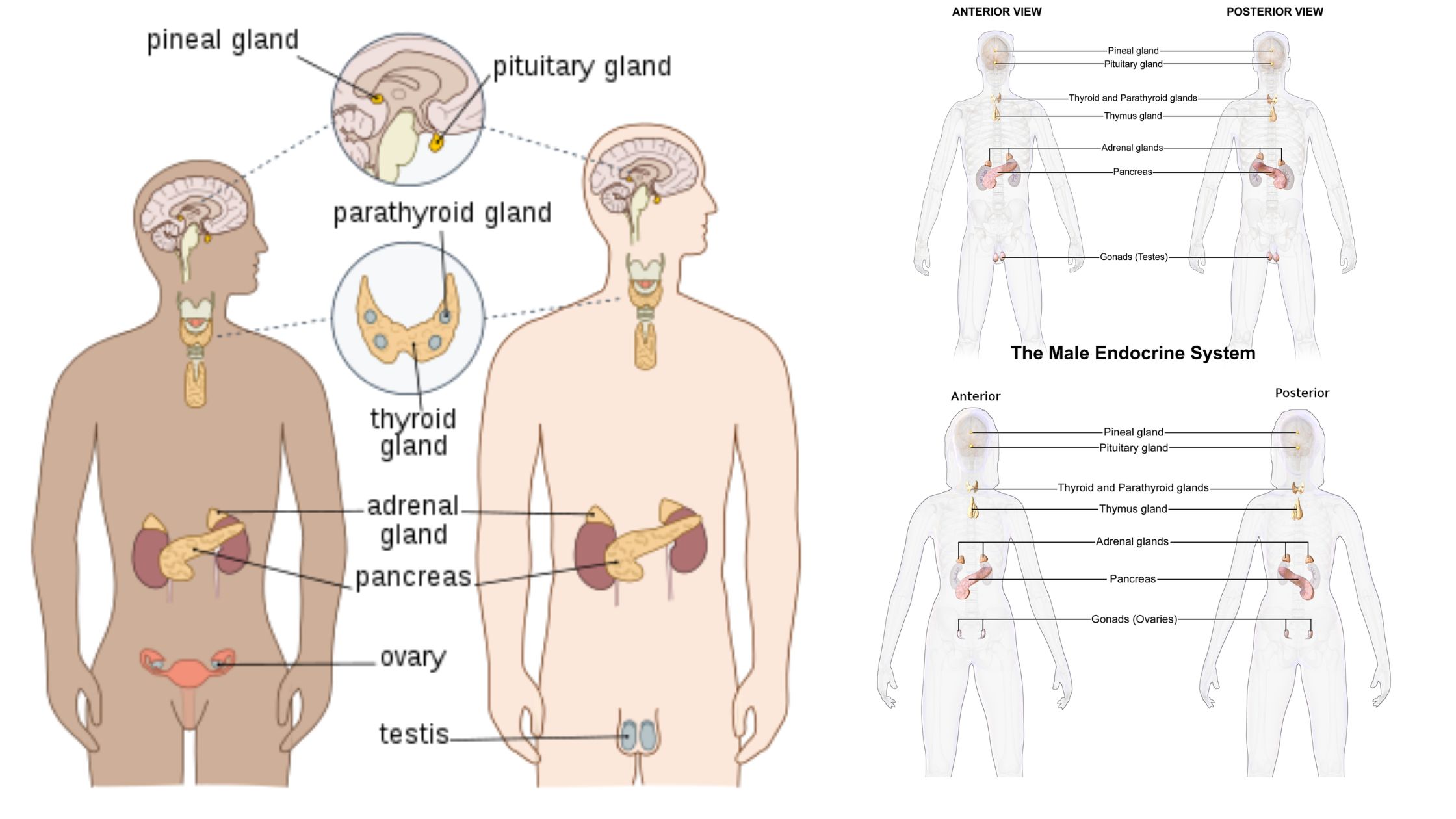
You think it’s mental. Or emotional. But it doesn’t begin with desire—it begins with the signals that decide when desire is possible. Signals shaped by glands, not just thoughts. Messages sent in molecules. Not moods.
The endocrine system doesn’t wait for intimacy—it prepares for it long before you notice. And when something is off, the body doesn’t respond with dysfunction. It responds with silence.
That silence often speaks louder than words.
Testosterone doesn’t only drive libido—it supports presence, confidence, and connection
You feel flat. Distant. Less engaged. Testosterone doesn’t only drive libido—it supports presence, confidence, and connection. When levels fall, it’s not just about desire. It’s about availability.
You feel less in your body. Less in your relationships. Less in yourself.
Testosterone doesn’t need to disappear completely to cause a shift. Just a slow decline is enough to alter how you relate.
Estrogen doesn’t just shape the cycle—it shapes sensitivity
Touch feels different. So does emotion. Estrogen doesn’t just shape the cycle—it shapes sensitivity. It thickens vaginal tissue. Supports arousal. Strengthens lubrication.
When it drops, intimacy can feel uncomfortable. Or disconnected. Or dry in more ways than one.
You think it’s you. But it’s a hormone trying to speak.
Progesterone calms the nervous system to allow trust
You feel irritated. Disconnected. On edge. Progesterone calms the nervous system to allow trust. Without it, everything feels louder. Touch feels abrupt. Conversation feels tiring.
Progesterone prepares the body to rest into closeness. It doesn’t spark libido—but it holds the space where intimacy feels safe.
Its absence is quiet, but the absence changes everything.
Cortisol crowds out connection when it rises too long
You’re distracted. Restless. Distant. Cortisol crowds out connection when it rises too long. It signals survival. Not desire. It prepares the body for stress, not softness.
Even when you’re not in danger, cortisol convinces your body that connection is unsafe. And your hormones follow that lead.
Stress doesn’t just reduce desire—it replaces it.
Thyroid hormones set the pace for physical response
You take longer to respond. Or don’t respond at all. Thyroid hormones set the pace for physical response. Heart rate. Skin sensitivity. Arousal. Orgasm.
Low thyroid slows blood flow. Dulls signals. Turns vibrant interaction into muted experience.
The body wants to engage—but it no longer has the momentum.
Oxytocin isn’t made in silence—it’s made in shared space
You feel alone even when you’re not. Oxytocin isn’t made in silence—it’s made in shared space. Eye contact. Skin-to-skin. Laughter. Safety.
It builds with presence. But hormones like cortisol, prolactin, and imbalance block that build. And when oxytocin is low, connection feels like effort. Not reward.
Your need for closeness stays. But the pathway closes.
Insulin resistance alters sexual response in both men and women
You feel tired. Heavy. Numb. Insulin resistance alters sexual response in both men and women. Blood sugar imbalances affect nerve function. Blood flow. Hormone production.
Erections weaken. Arousal dulls. Recovery slows. Even without a diabetes diagnosis, prediabetic shifts interfere long before glucose becomes a headline.
And the bedroom becomes another space where silence grows.
Hormones don’t act alone—they speak through each other
You check testosterone. It’s “low-normal.” You move on. But hormones don’t act alone—they speak through each other. One imbalance creates echoes. Estrogen, cortisol, thyroid, insulin—they all answer each other’s calls.
Fixing one without reading the whole map leaves gaps. And gaps feel like disconnection.
That’s why sexual health is endocrine health—not just emotional, not just relational.
Treating libido isn’t about restoring drive—it’s about restoring rhythm
You want answers. You want to feel like yourself. Treating libido isn’t about restoring drive—it’s about restoring rhythm. Sleep. Mood. Focus. Presence. Sensation.
When hormones return to balance, so does interest. So does safety. So does softness. Nothing forced. Just remembered.
Your body didn’t forget how—it just forgot when it felt safe enough to begin again.
